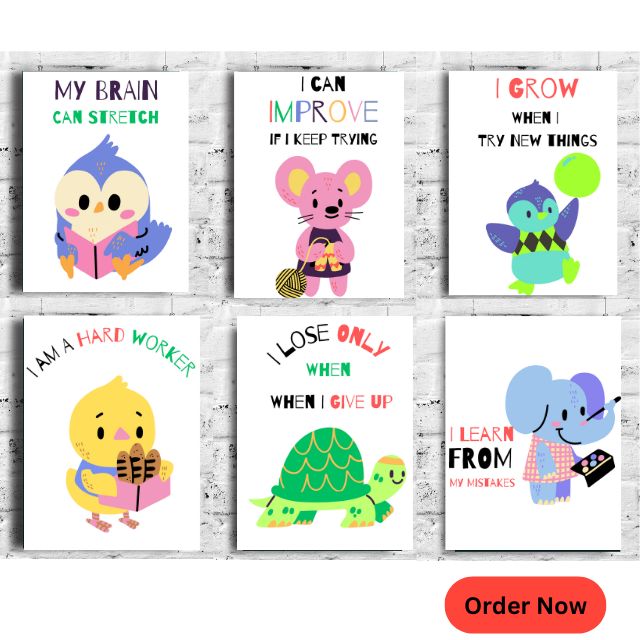Your preschooler has grown up and begun to accomplish things that astonish and surprise you! Make a point of tracking his changes as he learns new abilities on a daily basis so you can ensure his growth is on track.
We've compiled a list of the main developmental milestones your child will reach this month. Keep a close eye on his behaviours, and if you see any big delays or deviations, consult with his doctor.
1. Physical Improvement
- Look at how much more confident and nimble she is today! Your preschooler has become excellent at catching a bouncing ball and does so with incredible speed. Not only that, but he can pump a swing on his own. Park visits are now even more enjoyable!
- His grasping ability improves as his fine motor abilities improve. He can now grip a marker with his thumb and index finger while the rest of his fingers are pressed against the palm. You should make sure he receives plenty of training with this hold since it will aid him when he starts school.
- Your youngster will be interested in pegs and pegboards, as well as playing with lego-like blocks. This is an excellent approach to hone his fine motor skills while also stimulating his imagination.
2. Social and emotional growth
- Your preschooler is now aware of the importance of communication and interaction. When he wants something, he no longer hits or pushes another youngster. Instead, he uses words to communicate a need, such as wishing for a glass of water or wishing to play with a toy in the hands of another kid.
- He's quickly becoming a responsible member of society! For the time being, his society outside the family consists of a crèche, nursery, preschool and so on. In this configuration, he begins to contribute to school responsibilities such as cleaning up garbage, watering plants, and so on. It's great to see him so responsible and devoted!
3. Cognitive Advancement
- The developmental changes that are taking place today are important and will have a considerable impact on your child's future brain strength. One of these developments is that he is beginning to comprehend common types of objects. Birds, for example, come in many varieties, but they are always classified as birds.
- He can also complete an 8 - 10 piece puzzle utilising his new categorization and finding out what fits where skills. Here are some ideas on how you might utilise these puzzles to help your child's brain development.
- He now colours primarily within the lines in a colouring book, demonstrating his sense of symmetry and order. While doing so, or while reading, he holds the book right side up and starts at the beginning. Isn't he picking up a lot of new skills?
- Your child's memory is also improving at the moment. He can quite confidently count from memory.
4. Linguistic Advancement
- Gone are the days when your toddler would demand attention or spontaneously get into a discussion! He can now take turns in a discussion, which makes chatting with him a delight!
- Another shift that occurs at this stage is that your child will be able to detect voice inflection variations. For example, if someone else reads to him, he will be able to recognise changes in tone and expression as the tale progresses.
You should also monitor his memory development and consult with his doctor if he is having difficulty counting a few items from memory, recalling what you just told him or showed him in a picture book, and so on. Memory retention problems can be treated if they are discovered at a young age.
Are you seeking for resources to help your children's growth mindset and thankfulness journey? Check out our growth mindset statements and inspirational messages posters and banners for kids' rooms.
























